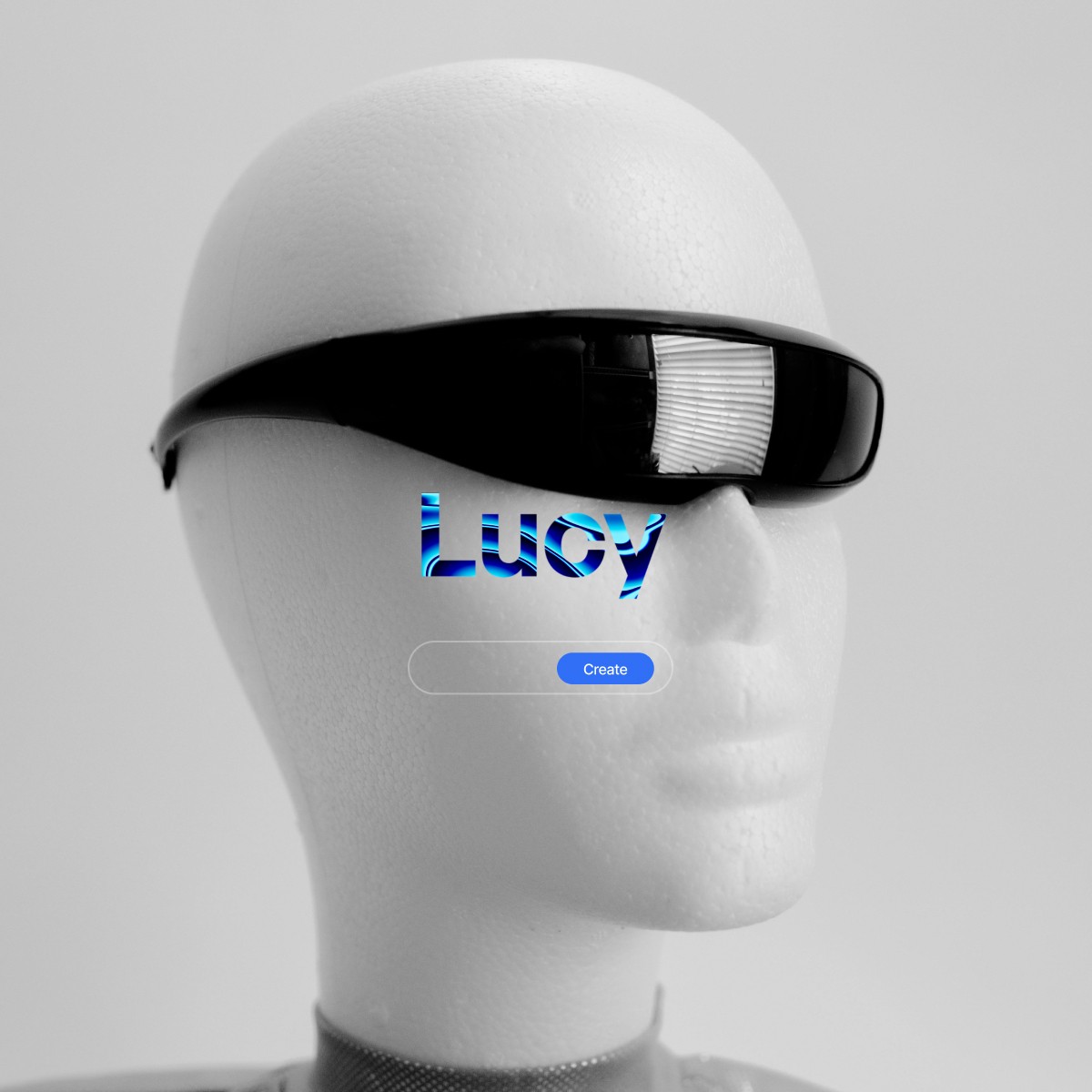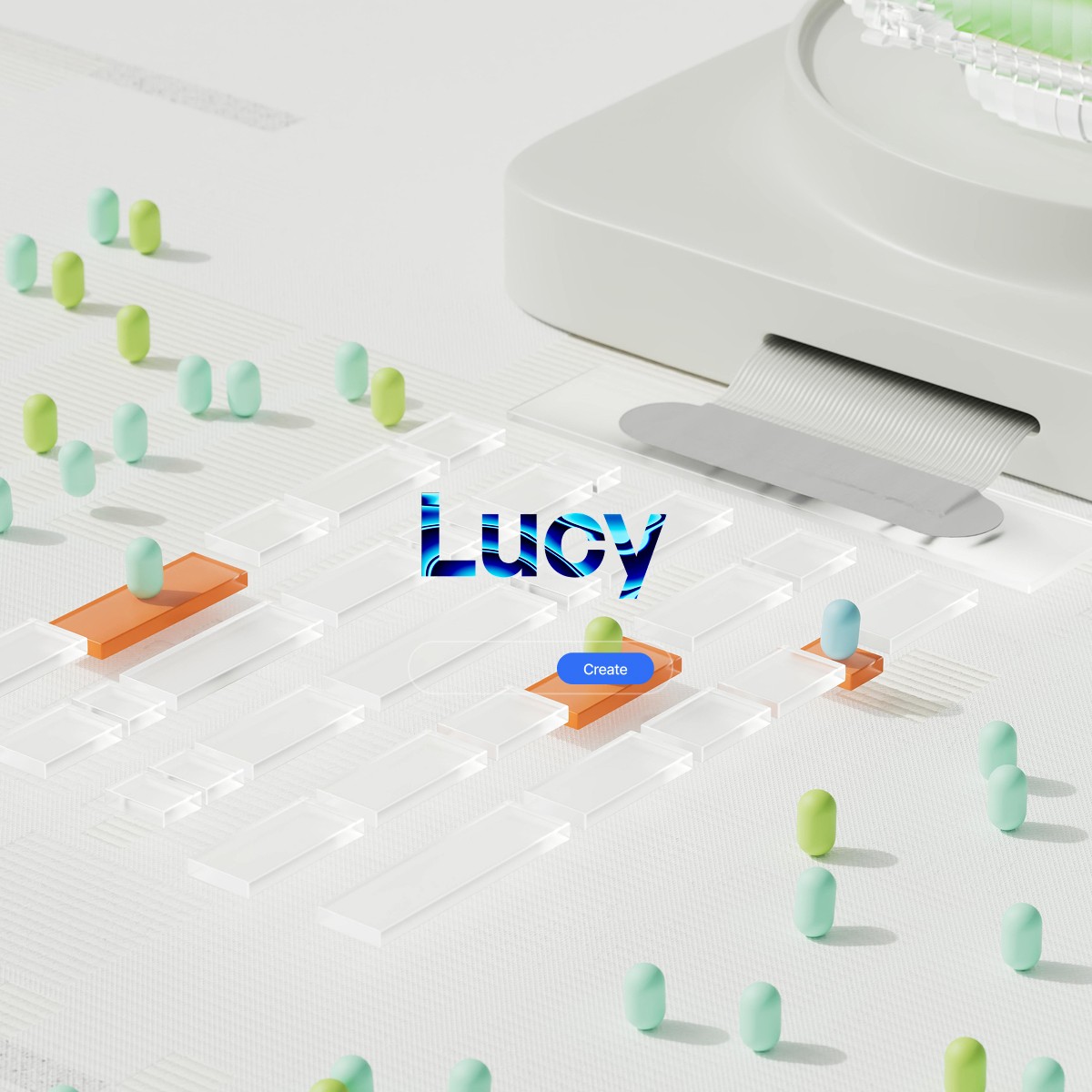



impossible to
possible

LucyBrain Switzerland ○ AI Daily
Strategic AI Customer Acquisition Systems That Generate Qualified Leads 24/7
August 26, 2025
Strategic AI Customer Acquisition Systems That Generate Qualified Leads 24/7
By Lucy, TopFreePrompts AI Research Team
August 26, 2025 • 21 min read
AI customer acquisition systems enable startups to generate qualified leads continuously through automated prospect identification, multi-channel engagement, behavioral scoring, and intelligent nurturing sequences. These systems typically produce 300% more qualified leads while reducing customer acquisition costs by 60-80% compared to manual processes.
Strategic customer acquisition automation operates across multiple channels simultaneously, qualifying prospects using systematic criteria and nurturing relationships based on behavioral triggers rather than rigid timelines for superior conversion rates and business growth.
The customer acquisition challenge facing growing businesses: manual prospecting limits growth potential while expensive sales teams strain resources before revenue validation. AI-powered acquisition systems solve this constraint through systematic lead generation that scales without proportional team expansion.
Professional customer acquisition automation enables businesses to compete with larger sales teams through intelligent prospecting, systematic engagement, and data-driven qualification that operates continuously while maintaining relationship quality and conversion effectiveness.
How Do AI Customer Acquisition Systems Work for Modern Businesses?
AI customer acquisition transforms manual, time-intensive processes into systematic engines that operate continuously while delivering higher-quality prospects and improved conversion rates.
The Systematic Acquisition Framework
Automated Prospect Identification: AI systems identify potential customers through market analysis, behavioral signals, and company intelligence rather than manual research and list building.
Multi-Channel Engagement Coordination: Systematic outreach across email, LinkedIn, content marketing, and social channels with message consistency and timing optimization for maximum engagement probability.
Behavioral Qualification Scoring: AI evaluates prospect engagement and characteristics using data-driven criteria rather than subjective assessment for accurate sales prioritization.
Intelligent Nurturing Sequences: Automated relationship building that adapts to prospect behavior and engagement patterns for systematic conversion optimization and sales acceleration.
The Competitive Advantage Creation
Continuous Operation Benefits: While competitors operate during business hours, AI systems engage prospects 24/7 across time zones and schedules for maximum market coverage.
Systematic Consistency: AI maintains message quality and engagement consistency across all prospects, eliminating human variability and ensuring professional representation.
Data-Driven Optimization: Continuous performance analysis and improvement enable systematic enhancement of acquisition effectiveness and conversion rate optimization.
What Customer Acquisition Strategies Work Best with AI Automation?
Different customer acquisition approaches require specific AI implementation strategies aligned with business models and target customer characteristics.
B2B Customer Acquisition
Enterprise Customer Development:
Professional Service Client Acquisition:
B2C Customer Acquisition
Direct Consumer Engagement:
E-commerce Customer Acquisition:
SaaS and Subscription Models
Trial and Conversion Optimization:
Subscription Business Development:
How Do You Build AI Systems That Generate Qualified Leads Automatically?
Systematic lead generation requires intelligent automation that identifies prospects, evaluates qualification, and initiates engagement without manual intervention.
Automated Prospect Discovery
Market Intelligence and Research:
Behavioral Trigger Recognition:
Intelligent Lead Qualification
Multi-Factor Assessment Framework:
Behavioral Scoring Intelligence:
What Automation Workflows Scale Customer Acquisition Without Hiring?
Systematic automation enables customer acquisition scaling through intelligent workflows rather than proportional team expansion.
Multi-Channel Engagement Systems
Coordinated Outreach Framework:
Channel Performance Optimization:
Nurturing and Conversion Automation
Intelligent Relationship Development:
Conversion Process Optimization:
How Do You Automate Lead Qualification and Scoring at Scale?
Professional lead qualification requires systematic criteria and automated assessment that maintains consistency while processing high volumes of prospects efficiently.
Behavioral Scoring Systems
Engagement Pattern Analysis:
Intent Signal Recognition:
Multi-Factor Qualification Framework
Comprehensive Prospect Evaluation:
Dynamic Scoring Updates:
Implementation Success Framework
Phase 1: System Foundation (Weeks 1-2)
Customer acquisition strategy development and target market identification
AI tool selection and integration planning with existing business systems
Lead qualification criteria establishment and scoring framework development
Team training and adoption strategy for systematic implementation success
Phase 2: Automation Deployment (Weeks 3-4)
Multi-channel outreach system implementation and optimization
Lead qualification automation and CRM integration
Nurturing sequence development and behavioral trigger setup
Performance monitoring and optimization protocol establishment
Phase 3: Scale and Optimization (Weeks 5-6)
System performance analysis and conversion rate optimization
Advanced automation implementation and workflow enhancement
Team productivity optimization and strategic integration
Long-term scaling strategy and competitive advantage development
For comprehensive customer acquisition automation training, our complete business prompt library provides systematic frameworks and tested templates for immediate implementation and business growth acceleration.
Advanced Customer Acquisition Techniques
Predictive Customer Intelligence
Customer Success Prediction:
Lifetime Value Optimization:
Competitive Acquisition Strategies
Market Disruption Opportunities:
Strategic Market Penetration:
Measuring AI Customer Acquisition Success
Key Performance Indicators
Volume and Quality Metrics:
Lead generation volume and qualification rate measurement
Customer acquisition cost and lifetime value optimization tracking
Conversion rate improvement and sales cycle acceleration analysis
Customer satisfaction and retention rate enhancement measurement
Efficiency and Scalability Assessment:
Time-to-qualified lead and response rate improvement tracking
Sales team productivity and capacity utilization optimization
System reliability and automation success rate measurement
ROI analysis and investment effectiveness evaluation
Success Benchmarking
Industry Performance Standards:
300% lead volume increase within 90 days of implementation
60% customer acquisition cost reduction through systematic automation
2× sales team productivity enhancement through qualified lead delivery
40% improvement in conversion rates through intelligent nurturing
Common Implementation Challenges and Solutions
Challenge 1: Maintaining Personalization at Scale
The Problem: Automated systems can appear generic or impersonal, reducing engagement and conversion effectiveness.
The Solution: Implement dynamic personalization using prospect data, behavioral triggers, and systematic customization frameworks that maintain relationship quality while scaling outreach volume.
Challenge 2: Integration with Existing Sales Processes
The Problem: AI systems may conflict with established sales workflows and team preferences, creating adoption resistance.
The Solution: Design gradual integration that enhances existing processes rather than replacing proven sales methodologies, ensuring team adoption and systematic improvement.
Challenge 3: Quality Control and Brand Consistency
The Problem: Automated communications may not maintain brand voice or quality standards without systematic oversight.
The Solution: Establish comprehensive quality control protocols, brand guideline integration, and systematic review processes that ensure professional representation and brand consistency.
Advanced Customer Acquisition Strategies
Revenue Optimization Integration
Customer Lifetime Value Enhancement:
Acquisition Cost Optimization:
Strategic Market Development
Market Expansion Intelligence:
Customer Segmentation Optimization:
Frequently Asked Questions
How do AI customer acquisition systems compare to traditional sales teams in effectiveness? AI systems generate 300% more qualified leads while reducing costs by 60-80%, but human sales teams remain essential for complex relationship building, strategic deals, and high-value customer development requiring personal expertise.
What's the minimum business size needed to benefit from AI customer acquisition? Businesses generating $50,000+ annual revenue with systematic sales processes benefit most from AI customer acquisition. Smaller businesses should focus on manual process optimization before automation implementation.
How quickly can businesses implement AI customer acquisition systems? Implementation typically takes 6-8 weeks for complete deployment, with initial results visible within 2-3 weeks and full system optimization achieved within 3-4 months of systematic implementation.
What industries see the best results from AI customer acquisition automation? SaaS companies, e-commerce businesses, professional services, and B2B technology companies achieve the highest success rates due to systematic customer profiles and scalable value propositions.
How do you ensure AI customer acquisition maintains relationship quality? Maintain quality through systematic personalization, behavioral adaptation, human oversight for complex situations, and continuous optimization based on customer feedback and engagement metrics.
What's the difference between AI customer acquisition and traditional marketing automation? AI systems provide intelligent decision-making, behavioral adaptation, dynamic personalization, and predictive capabilities, while traditional automation follows rigid rules without adaptive intelligence or behavioral learning.
Do AI customer acquisition systems work for high-value enterprise sales? AI excels at early-stage prospecting and qualification for enterprise sales but requires human expertise for complex relationship building, strategic consultation, and high-stakes negotiation processes.



